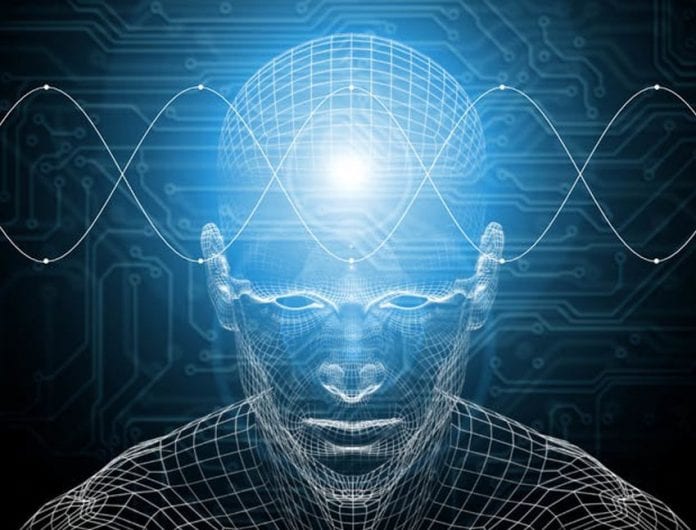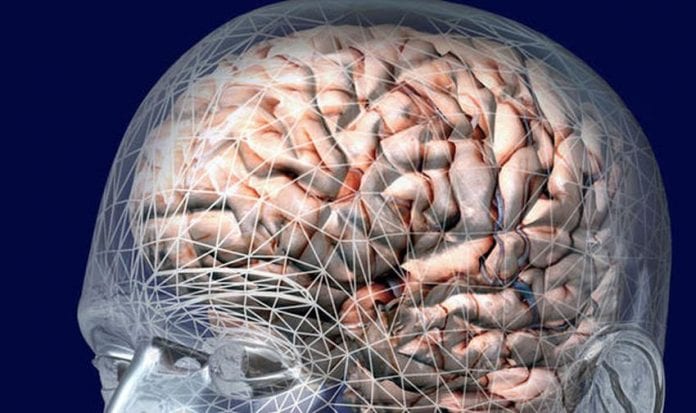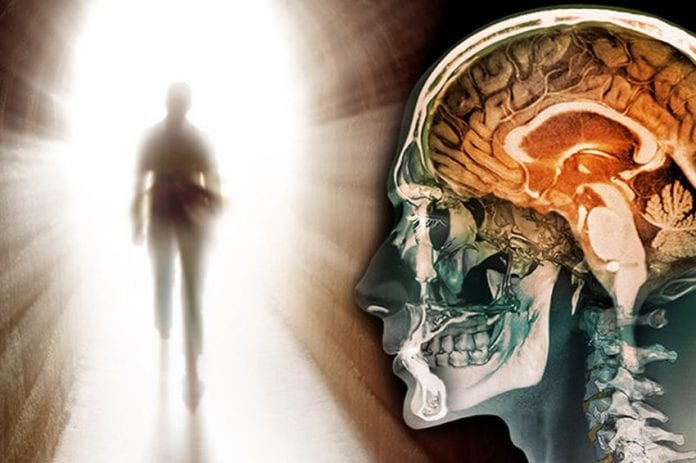Thinking about death and being aware of the fact that your day will come is stressful enough without the latest information that the scientists decided to share with us. According to most recent studies, it seems that people are aware that they are dead as the brain and their consciousness is still working even after the body stops showing signs of life.
This discovery has been presented by the director of critical care and resuscitation research Dr. Sam Parnia that works at NYU Langone School of Medicine in New York. According to this theory, it is possible for a person to die and later on hear the staff announcing the death.
The study has been based on the talks with people who suffered cardiac arrest and were technically dead, but fortunate for them were later on resuscitated. This is the largest study that has been conducted regarding the topic. According to some of the people that were involved in this study, they could hear conversations and continued to saw things in their surroundings and all that happened after they were pronounced dead.

When the heart stops to beat and when the blood is not going to the brain is the moment when the death occurs. Dr. Sam Parnia said: “Technically, that’s how you get the time of death – it’s all based on the moment when the heart stops. Once that happens, blood no longer circulates to the brain, which means brain function halts almost instantaneously. You lose all your brain stem reflexes – your gag reflex, your pupil reflex, all that is gone.”

According to one research, it is possible that brain energy burst happens even after a person dies. This has been researched by the scientists at the University of Michigan in 2013 as they monitored the electrical signals of the brains of anesthetized rats that were sent into heart attack state. Patterns that were recorded suggest that shortly after clinical death, hyper-alerted state ensued.
Dr. Parnia added: “In the same way that a group of researchers might be studying the qualitative nature of the human experience of ‘love’, for instance, we’re trying to understand the exact features that people experience when they go through death, because we understand that this is going to reflect the universal experience we’re all going to have when we die.”









